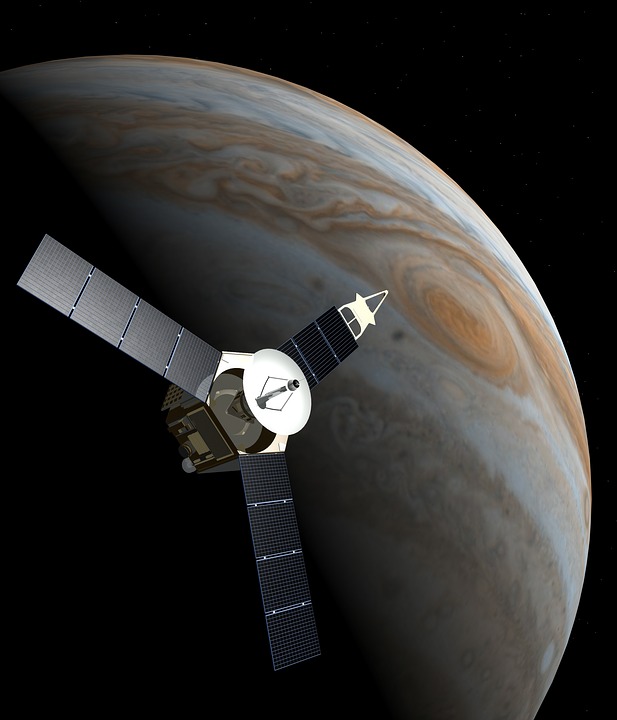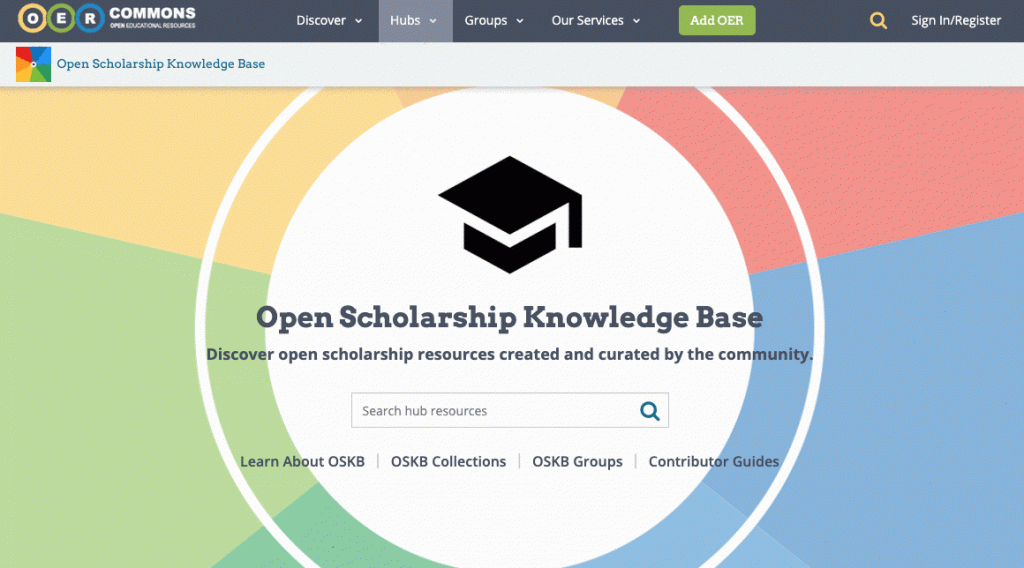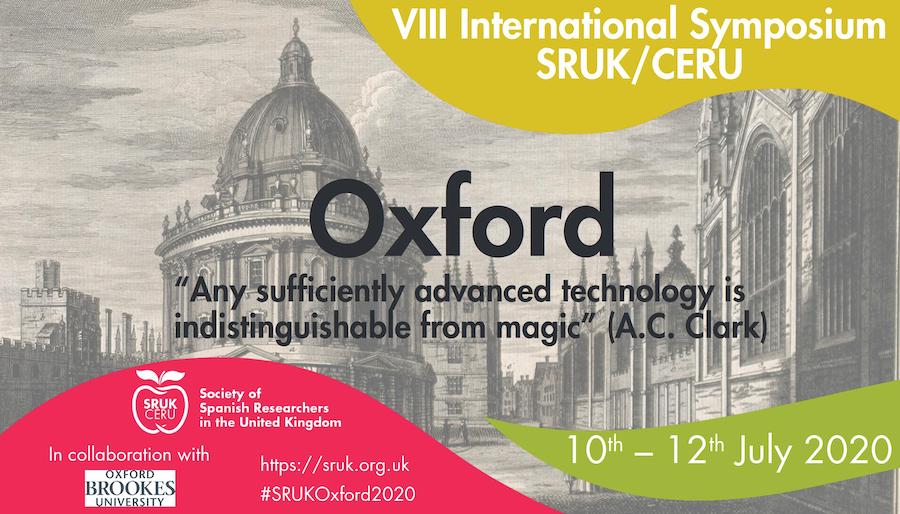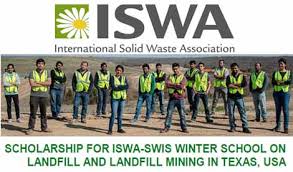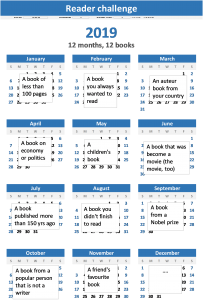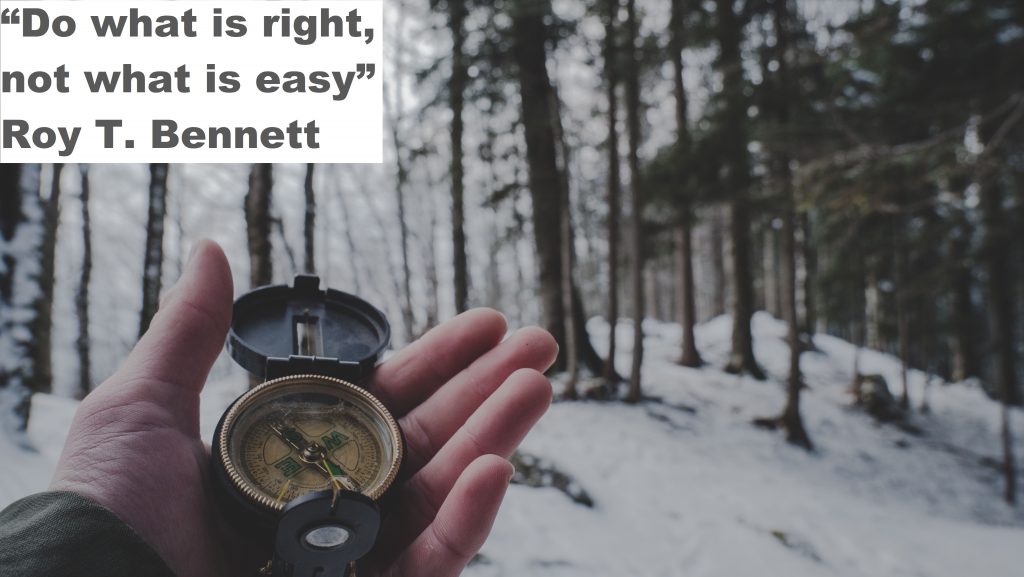Make our planet great again is a research stay grant program for young researchers from any nationality, except French citizens, who obtained their degree less than 5 years ago in the following fields:
- Earth system sciences.
- Climate change and sustainability sciences.
- Energy transition.
- Societal challenges of environmental issues.
- Human, animal and environmental health.
The scholarship (application deadline: 10 January 2022) will be awarded from September 2022, for a period of 12 months. The concepts for which the aid will be received are as follows:
- A monthly allowance of €2,500.
- 500 euros moving allowance.
- Aid for social security coverage.
- Aid for medical insurance.
On the occasion of the “OneOceanSummit” to be organized in France in February 2022, special attention will be given to ocean-related applications.
